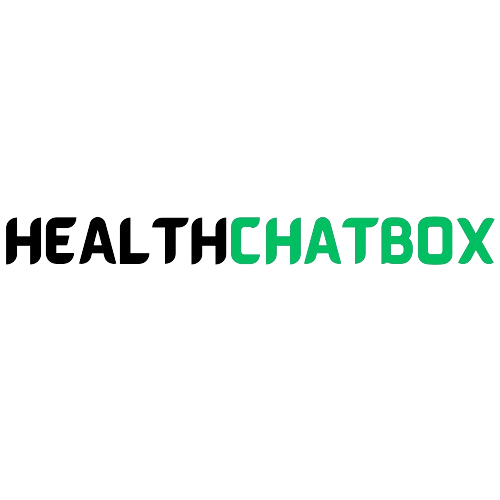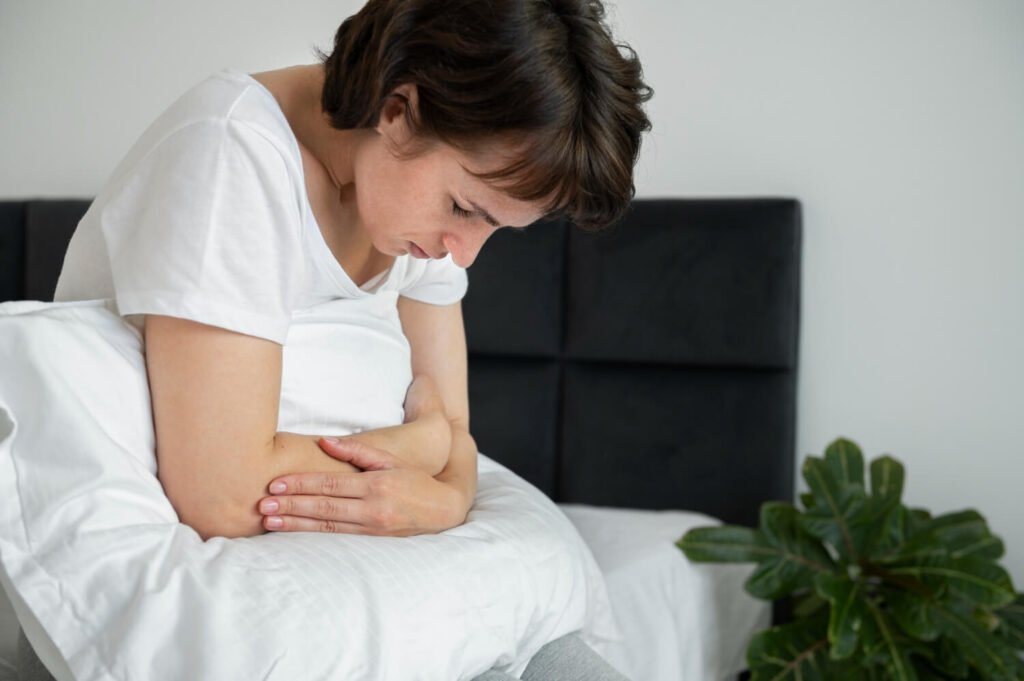Are there known risk factors for uterine pain during pregnancy?
Abdominal pain or cramping is common during pregnancy. During pregnancy, the woman’s body undergoes various changes such as the uterus increasing in size and the ligaments becoming tight. Morning sickness can occur after waking up. If the pain increases abnormally, it is crucial to seek immediate medical attention. Now, let’s explore the various causes of pain during pregnancy. Many of us do not know the reasons for this, so it is not possible to cure it. Now I will tell you about the causes of pain in the uterus during pregnancy.
Causes of pain in the uterus during pregnancy
Abdominal pain during pregnancy can be caused by a number of factors. Some are not dangerous, and some are very dangerous. Now I will tell you about the risk factors of uterine pain during pregnancy.
Which causes of pain
- Pain is caused by stretching of the ligaments that support the uterus, leading to discomfort in the lower abdomen
- the uterus growing larger
- digestive issues like constipation, and trapped gas in the intestines
If you have a stomach ache, don’t worry. However, if you are pregnant for any of the reasons listed below, you should be aware of the dangers.
Urinary tract infection
After 6 weeks of pregnancy, the risk of urinary tract or bladder infection increases. There can be pain in the abdomen. Burning sensations, frequent urination, and blood in the urine can also occur. If the weight of the uterus increases then by putting pressure on the bladder urine does not come out properly. This increases the risk of infection. If not treated on time, it can damage the kidneys. Pregnancy can start early. Babies with low birth weight are also at danger.
Miscarriage
Miscarriage occurs more frequently in the first three months of pregnancy. Symptoms of a miscarriage may include bleeding, lower abdominal pain, and back pain, ranging from mild to severe.
Pain before cesarean section
If you have had a seizure before and are pregnant again, you might feel uterine pain later in the pregnancy. If the previous cesarean section stitches were not done correctly, you may experience pain at the incision site. In some cases, the uterus may tear as it expands during pregnancy, leading to a rupture. Therefore, you need to be very careful during pregnancy. Even a little pain should not be ignored.
Labour Pain
In some cases, labor pains may occur before 37 weeks. such as tightening of the uterus, bleeding, and the breaking of the amniotic sac. resembles period pain. After 37 weeks, this pain is called labor pain.
Ectopic pregnancy
The embryo may grow outside the uterus, especially in the fallopian tube. Embryo growth outside the uterus can be confirmed by ultrasound. If you test before the ultrasound and find out that you are pregnant and have abdominal pain, there is a risk of ectopic pregnancy. An ultrasound should be done to confirm an ectopic pregnancy.
Braxton Hicks Contraction
This is normal during pregnancy. Such a feeling usually occurs in the second and third trimesters due to the uterus tightening and relaxing irregularly. It can occur up to 37 weeks of pregnancy.If the situation is serious, you should visit your doctor.
Rupture of the embryo sheath or placenta
The placenta provides oxygen and nutrition to the infant. It is usually associated with the upper layer of the uterus and separates after the baby is born. But in the first three months of pregnancy, the placenta detaches from the wall of the uterus, which can lead to serious accidents. The uterus becomes very hard and dark red blood comes out of the vagina, which does not clot easily. In this case, the baby may have to be delivered by cesarean section. However, the risk is higher for those who have high blood pressure.
Some general advice for you
- Take rest
- Bending forward when coughing or sneezing
- At this time, doctors recommend some stretching exercises.
- Eat small meals throughout the day.
- Drink lots of water and fluids
- Avoid foods that can cause gas
- Avoid carbonated beverages.
- Necessary Add foods that are high in fiber to your diet.
- Talk to your doctor and take the necessary medications.
The family has a significant impact on the pregnant and nursing mother’s health. A woman’s body goes through major changes during her pregnancy and nursing. Pregnant and breastfeeding mothers require support from their family. Similarly, any danger indication should be taken carefully and addressed immediately.

